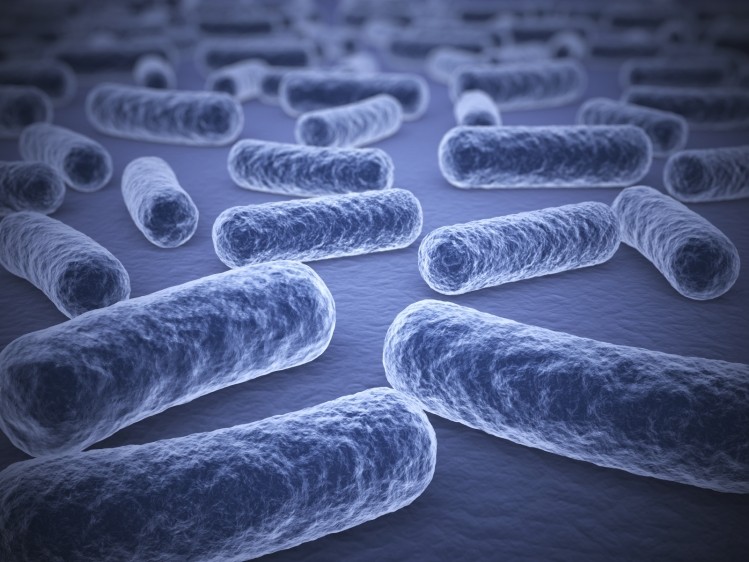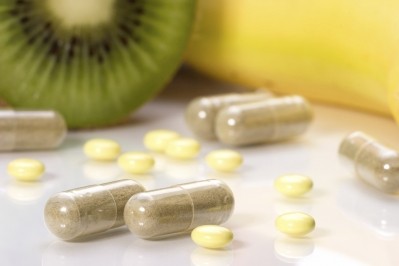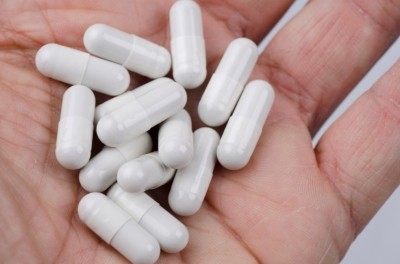Experts react to ‘waste of money’ headlines against probiotics

The report in question was published this week in the journal Genome Medicine. Researchers from the University of Copenhagen’s Novo Nordisk Foundation Center for Basic Metabolic Research conducted a systematic review of randomized controlled trials.
It concluded that “This systematic review of the pertinent literature demonstrates a lack of evidence for an impact of probiotics on fecal microbiota composition in healthy adults.”
The report’s press coverage
The Daily Beast’s Abby Haglage reported: “Over the course several weeks, researchers analyzed the guts of two groups: One was taking probiotics (in the form of biscuits, milk-based drinks, or capsules); the other was taking nothing.”
“Despite what the widespread use of probiotics would suggest, the majority of those taking the probiotics showed little to no change in their gut bacteria. Out of the seven trials the researchers studied, just one reflected evidence of a significant change,” she added
A quick search on Google News shows that The Daily Beast is one of the first news sites to pick up on the Danish report. In 24 hours, multiple other headlines on the study have been written in varying degrees of descriptive language, from The Huffington Post’s “‘No Evidence’ Probiotics Are Beneficial For Healthy Adults, Study Claims” to Jezebel’s “Study: Probiotics Don’t Do Shit for Healthy Adults’ Shit.”
Academic and industry reactions
Probiotics vs Pathogens
Commenting on the issue, Professor Glenn Gibson from the University of Reading said: “Probiotics are species of microorganisms. I am not surprised by observations that they do not markedly affect overall fecal microbial composition - given that many hundreds of other species already exist therein. It is a bit like adding hay to a haystack and expecting the new addition to be suddenly dominant.
"However, it is not realistic to then assume that health effects are absent. I am convinced that there are widespread health bonuses and many can be prophylactic. The scientific literature now reports over 15,000 research articles on probiotics with conditions like gastroenteritis, Irritable Bowel Syndrome, cognitive issues, atopic reactions and others being included. Many trials are done with the best available technologies and are published in highly rated journals.
"Of course not all products marketed as probiotics may exert benefits but the science does come through for the best strains.
"It puzzles me that we can easily accept that orally ingested pathogens have massive effects at negligible doses, often being completely undetected in feces, but do not foresee the same for probiotics.”
“The media should take better care with headlines. The reader and the scientific fields are not served by headlines that misrepresent studies,” said Dr. Mary Ellen Sanders, a consultant in the area of probiotic microbiology.
“I think the study is a reasonable approach to the question they asked. Do probiotics alter the fecal composition of healthy adults? The answer seems to be no,” she said. “I don’t think the results of the study are a surprise.”
She added that probiotics aid health in many other ways, from changing the function of the resident microbes, not their composition, to the possibility of inhibiting opportunistic pathogens that are not dominant members of the microbiota. “So the fact that they don’t change the composition of fecal microbiota does not mean that there is no means for them to impact host health,” she said.
Professor Bob Rastall of the University of Reading’s Department of Food and Nutritional Sciences agreed that the Danish study presented knowledge common among people working with probiotics.
“The conclusion that they have little effect on the fecal microbiome is not news – we have known this for many years,” he said. “We have far fewer data on the impact of probiotics on the microbiome of the small intestine and the more proximal regions of the colon – all of us working in this area recognize that feces does not represent the whole of the gut ecosystem.”
“It is, however, the best that we can get in normal healthy individuals. There are abundant studies showing a range of health benefits for probiotics and they are growing all the time,” he added.
Taking the report at face value
Professor Rastall argued that the Daily Beast’s reporter did not misrepresent the study, but took it at face value “and has made a huge leap from the unsurprising lack of effect on the microbiome to a supposed lack of health benefits.”
There have been many critics of how consumer media often over simplify scientific studies or paint findings in a way to appeal to viewers. This was highlighted last week by Last Week Tonight late show host John Oliver, who accused the media for turning scientific findings into “morning show gossip.”
The International Probiotics Association released the following response to the study and the following media buzz around it:
“Kristensen and co-workers investigated studies that assessed the effect of probiotics on intestinal microbiota composition; published in Genome Medicine. In their meta-analysis, the researchers conclude that probiotics do not alter the microbiota in healthy adults. The study does, however, not address the question whether probiotics have a health benefit or not.”
“Reports in the press that the study shows that probiotics do not have a health benefit are a misinterpretation of the results. Academics and medics around the world acknowledge the benefits of probiotics for both short and long term health maintenance. Probiotics achieve such health effects via many different mechanisms of activity and not just by modulation of the gut microbiota.”
“However, it should be noted that the gut microbiota can be upset by many environmental and lifestyle factors over the course of a lifetime (e.g. poor diet, medication, old age, etc.), and these reduce its ability to help maintain health. Probiotics can help the gut microbiota to stay resilient to such disruption or help recover from disruptions”
Probiotic player Chr Hansen posted the following article about the Danish study
















